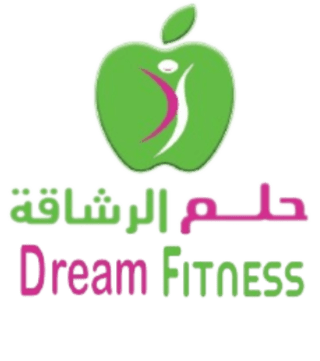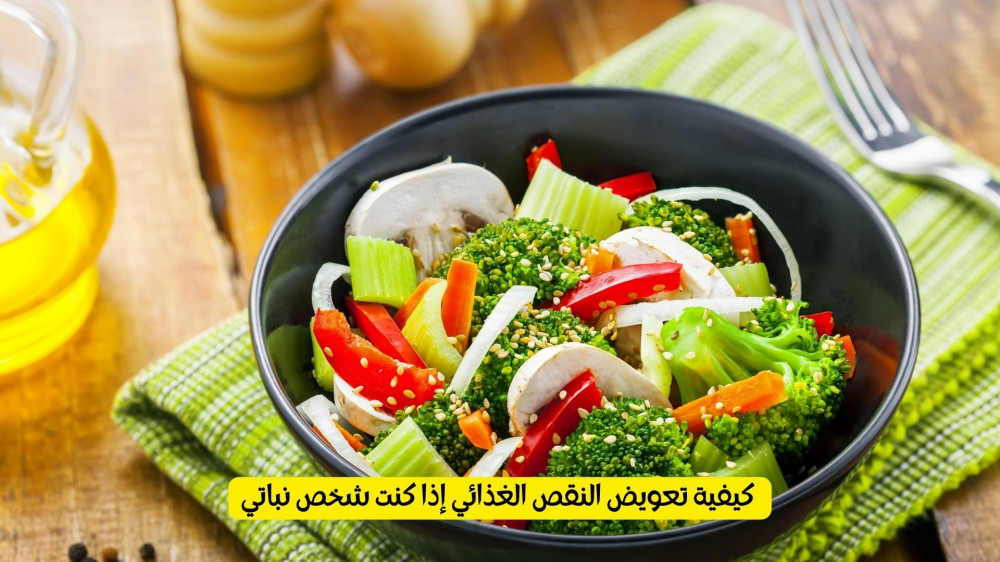How to compensate for nutritional deficiencies if you are a vegetarian
Vegetarian diets have many health benefits, but they may not contain all the necessary nutrients.
To avoid this deficiency, you should make sure to consume a variety of nutritious plant foods and consult a nutritionist about taking nutritional supplements.
If you are a vegetarian, you may need to take vitamin B12 and iron. You may also need vitamin D, iodine and omega-3 fatty acids.
Why does this shortage occur?
A well-planned vegetarian diet should be rich in fruits and vegetables.
However, any diet that does not contain complete food groups may contribute to deficiencies of certain nutrients. Animal products can be rich sources of some nutrients that are difficult to extract from a plant-based diet.
Animal products are a rich source of vitamin B12, which helps maintain blood cells and prevent anemia.
Researchers have also found that levels of zinc, protein, selenium and other nutrients are low in vegetarian diets.
However, eating fortified foods and supplements can ensure that a person following a vegetarian diet receives adequate nutrition.

iodine:
The thyroid, a butterfly-shaped gland in the neck, converts iodine into the thyroid hormones triiodothyronine and tetraiodothyronine, known as T3 and T4. These hormones help regulate important biological functions, such as metabolism.
The body does not produce iodine, so a person needs to get it from their diet. The recommended daily amount for adults is 150 mcg.
Having an iodine deficiency can lead to hypothyroidism. Symptoms include:
- Inability to tolerate cold temperatures
- Weight gain if there is an underactive thyroid gland and weight loss if there is an active thyroid gland.
- Some plant sources of iodine include:
- Iodized salt
- Soy milk
- Seaweed
- Cranberries
- potato
- Plum
Vitamin B12:
Balanced diets usually contain enough vitamin B12 to meet the body's needs. Since vegetarian diets do not include animal products, vitamin B12 deficiency may occur.
A cross-sectional study of participants following an omnivore or vegetarian diet found that about half of the 232 vegetarian participants had vitamin B12 deficiency. Compared to the other groups, the vegetarian group had the lowest overall levels.
According to the National Institutes of Health (NIH), most teens and adults need 2.4 mcg of vitamin B12 daily. This rises to 2.6 mcg or 2.8 mcg for pregnant or breastfeeding women.
- Vitamin B12 deficiency can cause symptoms that include:
- Weakness
- Constipation
- Losing weight without following a weight loss diet
- Anorexia
- Tingling in the hands and feet
- Dizziness or balance problems
- Difficulty with memory
- Soreness in the mouth and tongue
- Confusion
- Depression
In addition, a vitamin B12 deficiency can cause anemia, i.e. low levels of red blood cells.
Some plant foods are fortified with vitamin B12, but they may not provide enough of it. Taking B12 complex nutritional supplements can help. Anyone interested in taking B12 should consult a nutritionist to determine the appropriate dose for him according to his weight, height, health condition, activity, and medical history.
Plant sources of vitamin B12:
- Oats
- Seaweed
- Soy milk
- Mr Kim's Noodles
- Lowry tahini
- Lori's peanut butter
- For and after cookies
- Dream Coffee
Omega 3:
Omega-3 fatty acids contribute to heart and brain health.
Not getting enough omega-3 can also affect the skin, causing rashes, itching or dry, cracked patches.
The three main types of omega-3:
- Alpha-linolenic acid (ALA)
- Docosahexaenoic acid (DHA)
- Eicosapentaenoic acid (EPA)
The body can convert ALA to DHA and EPA in very small amounts. For this reason, some people focus primarily on consuming ALA. However, the conversion rate is very low as only 5-8% of ALA is converted to EPA and a maximum of 5% is converted to DHA.
- As a result, it is essential to consume sources of all omega-3s. Plant sources that contain ALA include:
- Nuts, such as walnuts
- Seeds, such as chia seeds or flax seeds
- Vegetable oils, such as canola oil, algae oil and flax oil
- Kervina Detox
- Curvina Beauty
Focusing too much on ALA, but it can also pose some risks because if a person consumes too much linoleic acid, a type of fat found in foods such as canola oil, soybeans, nuts and seeds, this hinders the conversion of ALA. ) to (DHA) and (EPA).
Algae is a reliable plant source of DHA and EPA.
But until now, there are no clear studies stating the amount of DHA and EPA necessary for a healthy diet.
Iron:
Iron is a mineral that has many important functions throughout the body, including helping blood cells carry oxygen and supporting brain health.
Iron deficiency may cause anemia, which limits the delivery of oxygen to cells throughout the body.
- Symptoms of iron deficiency include:
- Stomach problems
- General weakness of the body
- Difficulty concentrating or remembering
- Weak immune system
Iron is divided into two parts: heme iron from animal sources, such as meat, dairy products, poultry, eggs, and fish, which is easily absorbed by the body, and non-heme iron, which is more difficult to absorb.
A reliable source at the National Research Institute reported that adult males typically need about 8 mg of iron per day and adult females need about 18 mg. But since non-heme iron is difficult to absorb, people who follow a vegetarian diet need approximately twice these amounts.
- Plant sources of iron include:
- Nuts
- Some dried fruits, such as raisins
- Legumes such as lentils, beans
References:

